Chenn Viewpoint | Double carbon economy in air compressor industry
Release time:
2023-04-12
Winter has arrived, and the impact of the European energy crisis is still ongoing.
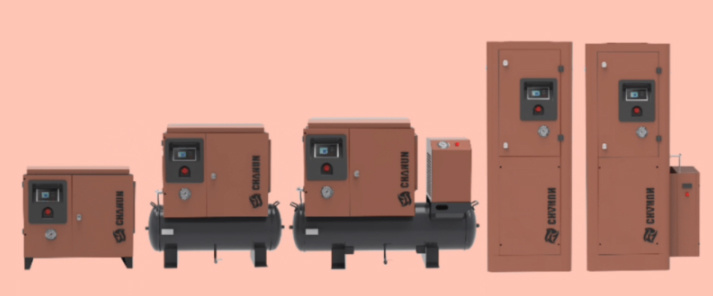
Winter has arrived, and the impact of the European energy crisis is still ongoing. European countries are limited by the energy crisis and economic growth and other factors gradually slow down the pace of "carbon neutral". Copenhagen, the capital of Denmark, has said it will not be able to meet its carbon neutrality target by 2025. European powerhouse Germany, while retaining its subsidy policy for new energy industries, has also removed its 2035 target for reducing emissions in the energy sector. Not coincidentally, the European Commission has also approved an increase in the use of coal in EU countries. Coal use in Europe is expected to increase by 5% over the next 5 to 10 years.
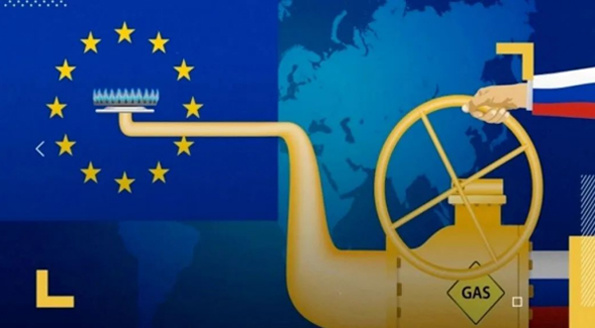

On the contrary, the topic of double carbon economy has been hot in China, so what does "double carbon" mean?
Carbon peaking: Carbon peaking is when carbon emissions peak and then only decrease and do not increase.
Carbon Neutral: Carbon emissions are absorbed through afforestation or other forms of technology, and the positives and negatives cancel each other out so that carbon neutrality is achieved when net carbon emissions = 0.
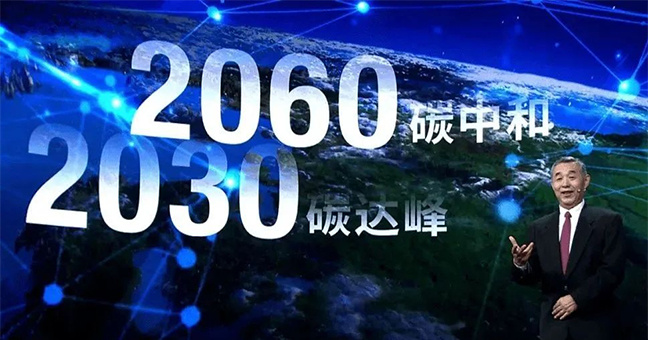

What challenges does China face in the face of double carbon? And can we learn from Western practices?
In Germany, for example, the second industrial revolution was carried out after the unification in 1871. After the end of World War II, Germany vigorously developed its economy. in 1970, Germany's energy consumption had reached 337 million tons of standard coal, dust fall in industrial areas had reached two times the acceptable level for human beings, and acid rain polluted 50% of the total forest area of the country. In response, Germany takes both internal and external grip.
Internally, we require higher environmental standards for companies, more efficient use of coal combustion, and greater energy diversity.
Externally: for industrial transfer. The Czech Republic and Slovakia, for example, are neighboring countries that have taken over numerous production lines from the Volkswagen Group.
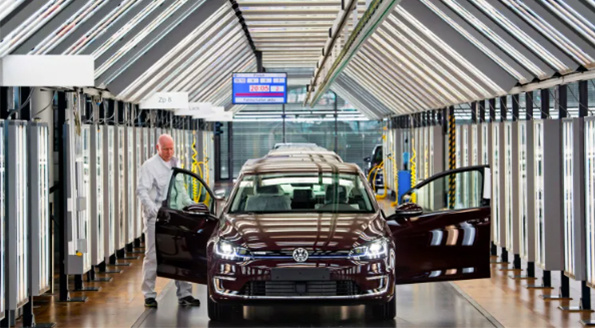

We do not deny the efforts made by western countries in environmental management in their own countries, but developed countries rely more on industrial transfer supported by patent dividends and high social welfare policies to achieve environmental management. Britain, the United States, Japan and Korea have all gone through the process of "high pollution - industrial transfer - environmental recovery". However, in order to achieve double carbon in China, what we can learn from the Western countries is to improve the efficiency of enterprises, but what we cannot copy is to blindly transfer the manufacturing industry, because the Western strategy is very easy to produce the risk of industrial hollowing out in the background of China's large population base. In that case, what should we do in the face of double carbon?


As a major user of electricity, air compressors are one of the many variables on the electricity consumption side. As an air compressor manufacturer, we can make compressors greener by intensifying land use, making raw materials harmless, making production clean and making energy low-carbon. Together with the digital and intelligent energy saving and maintenance represented by the Industrial Internet, the energy utilization rate of air compressors will rise significantly.
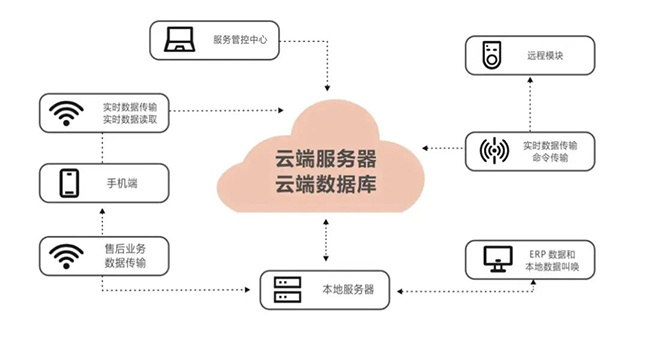
("Chennai Digital Intelligence Cloud" platform)
More difficult and far-reaching than the electricity side is the intermediate link (transportation, storage, conversion and regulation of electricity). A classic example in the field of compressed air is compressed air energy storage. Compressed air energy storage is more mature in physical energy storage. Back in the history of compressed air energy storage, this technology was really opened in the 70s, the first compressed air energy storage station was established in Germany in 1978, while China really began to work on the project only after 2005. Last August, CAS built the world's first 10MW salt cavern advanced compressed air energy storage commercial demonstration plant in Feicheng, Shandong Province.
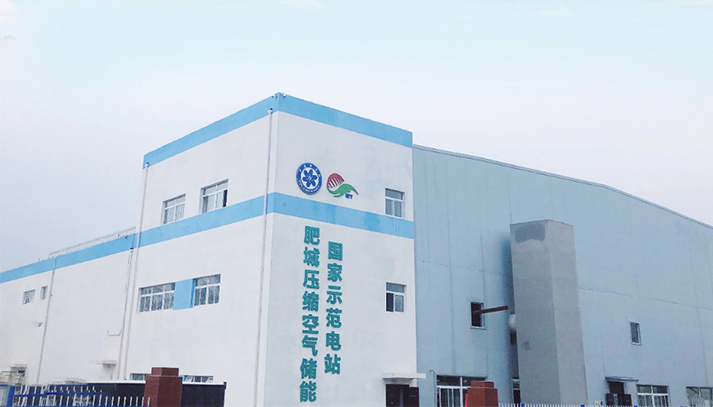

The topic of double carbon may seem irrelevant to ordinary people, but in fact, in the final analysis, the realization of double carbon is not only to reduce China's dependence on external energy, but also to pursue more advanced technology and management mode of the domestic industry, in the process, the whole industry in China will certainly face a comprehensive transformation and upgrading, and eliminate the backward products and technology. In terms of the compressor industry, will inevitably screen out the lack of service reform capabilities and technical innovation capabilities of compressor companies. Over time, with the rise of domestic manufacturers' technology and management level, the competitiveness of products made in China will also be gradually enhanced, and products produced in China will also sell well in the world.
Related news
















